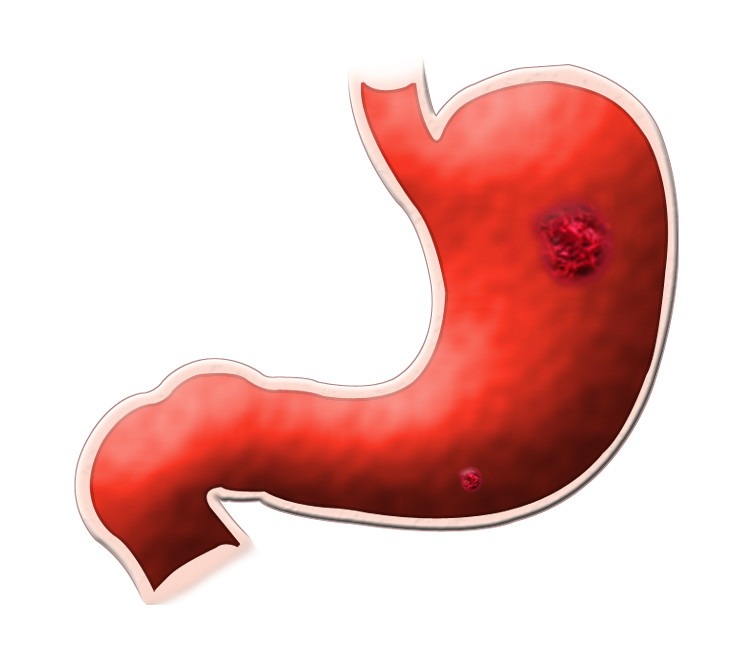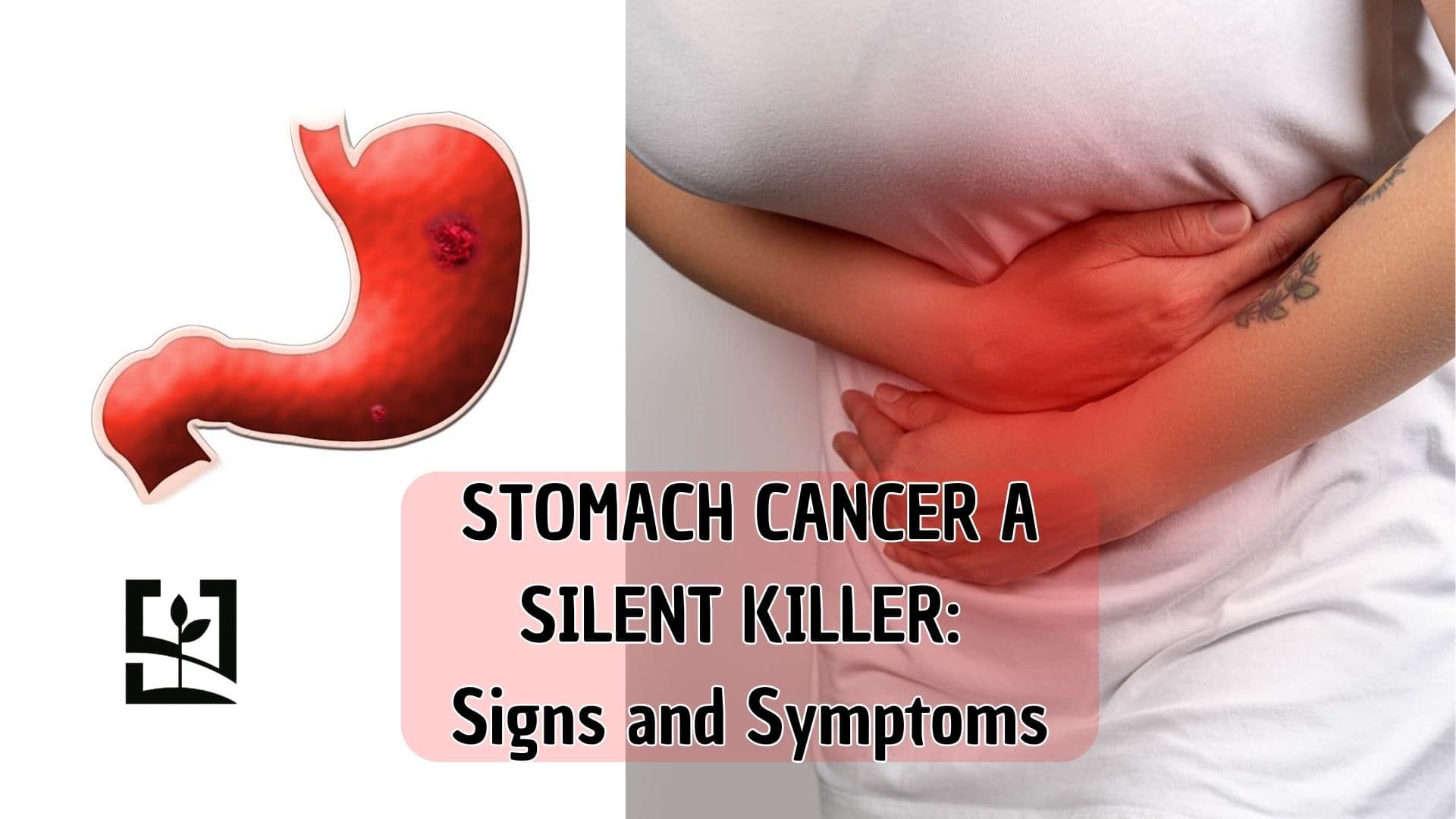
Stomach cancer, also called colon cancer, is a dangerous disease that often has no symptoms in its early stages. That is why it is sometimes called the “silent killer”. However, as the tumor grows, certain symptoms may appear. It is important to remember that these symptoms can be caused by other medical conditions, so it is important to consult a doctor for an accurate diagnosis. Below are some signs and symptoms of stomach cancer.
Abdominal pain or heartburn: Chronic upset stomach, discomfort or heartburn that does not go away with medication or dietary changes may be symptoms.
Fast satiety: the limited stomach capacity of the tumor may cause a quick feeling of satiety, or a feeling of satiety after eating a moderate amount of food.
Significant and unexpected weight loss without changes in diet or exercise can be a worrying indicator.
Abdominal pain and discomfort: Abdominal pain and discomfort, especially in the upper abdomen, may be a sign.
Persistent nausea, vomiting, and vomiting blood may be signs of advanced colon cancer.
Blood in the stool: Bleeding in the stomach can lead to black stool (melania) or blood in the stool (hematorrhea).
Fatigue and weakness: Cancer and accompanying nutritional deficiencies in the body can cause fatigue and weakness throughout the body.
Loss of appetite: Stomach cancer may be associated with a sudden loss of appetite or lack of interest in specific foods.
Dysphagia: Dysphagia occurs when a tumor grows and blocks the passage of food.
Jaundice: In severe cases, tumors can block the bile ducts, causing the skin and eyes to turn yellow.
Swelling: Prolonged swelling is worrisome, especially when it is accompanied by other symptoms.
Weakness and anemia: Anemia caused by internal tumor bleeding can cause weakness, fatigue, and pallor.
Fluid accumulation: Fluid accumulation in the abdominal cavity (ascites) may be caused by stomach cancer. It is important to understand that these symptoms can be related to other medical problems. In addition, some people with colon cancer may not show any symptoms in the early stages. If you are concerned about colon cancer or are experiencing any of these symptoms, it is important to see a professional doctor for a thorough examination and diagnosis. Endoscopy, imaging and biopsies are commonly used to detect stomach cancer. Early detection and action will improve treatment results and quality of life.

